John Lodge looks back on 'Days of Future Passed'
Share
When bassist John Lodge and guitarist Justin Hayward joined The Moody Blues in late 1966, the band’s dynamic changed dramatically. The band opted to abandon the blues and R&B standards that had been its stock in trade to shift direction toward a sound that was strictly British in its bearing.
“For me, I thought it was very difficult to sing about the blues from the Delta when I’d never even been to America,” Lodge recalls. “There was no affinity there, really. In England at that time, there were so many bands doing cover versions of everything. So I suggested that we just ignore all that and get rid of the suits we wore on stage, get rid of everything and become who we were … ”
Who The Moody Blues were — or, more precisely, who they became — qualified the band as one of Britain’s most imaginative ensembles, one whose penchant for creative concepts and psychedelic sensibilities began with “Days of Future Passed,” an album that ranks alongside “Sgt. Pepper,” “In the Court of the Crimson King,” “Tommy” and other game-changing standard bearers of late 1960s British rock.
Goldmine had an opportunity to talk to Lodge via telephone from Barbados, where The Moodies were taking in final rehearsals and a bit of R&R prior to the launch of the band’s latest American tour. We asked the veteran bassist to share his reflections and recollections about the album that put The Moodies on the map.
Goldmine: Considering the traditional course The Moody Blues had previously pursued, wasn’t it a bit risky to opt for such a drastic change in direction, especially in light of the fact that the band had achieved some measure of success up until that time?
John Lodge: We all knew it was going nowhere. We got some new songs together, and it became a matter of ‘Let’s pursue this, let’s just ride it out and be totally different. Let’s just be ourselves. We’ve copied everyone else. Now let’s do some English blues, some English things and make it about us.’ And that was the best thing we ever did, because “Days of Future Passed” came out of that.
GM: Is it true that the album actually took root from your stage show?
JL: Before the heady days of album sales, we began by performing live. Once we began writing original material, we introduced the songs in concert. “Days of Future Passed” actually came from our live stage show, which we developed into an album.
GM: What was the thought process behind the concept for “Days of Future Passed?” How did you envision it?
JL: It was about a day … just a typical day. What are the things you do in a day? What is a typical day? What you do in one day repeats itself, repeats itself, repeats itself … There’s maybe a few different experiences, but basically that one particular day will generally repeat itself over and over again.
Read the entire interview here: goldminemag.com

